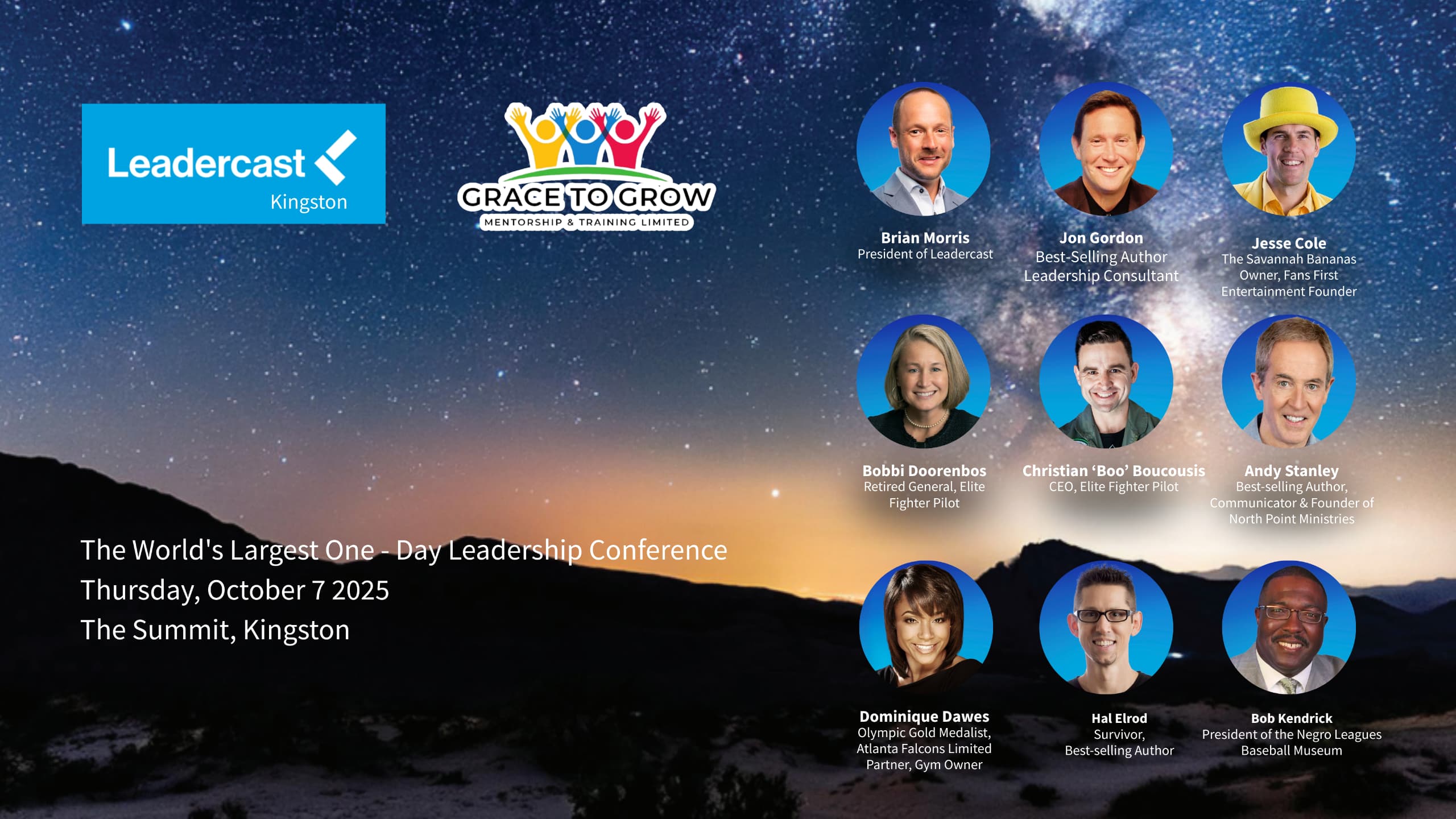Summary:
[bctt tweet=”This month, we (my wife and I) complete 15 months into our entrepreneurial journey. During this period, we have learnt a lot, but there are three skillsets in particular that have been extremely helpful. In this post, I will describe what these 3 skills are” username=””]
In December 2015, I left my job with Amazon, and left behind a life of a steady paycheck. We (my wife and I) launched Kamakshi Media, our venture in podcasting, a month later. What I did not realize at that time was that I would have to unlearn and re-learn a lot of skills that I had acquired during my Corporate career. On the plus side, if you have a co-founder, they may have skills that compliment yours very well. I would consider operations, planning, budgeting and setting up systems and processes as my strengths. Mrunal, my wife and co-founder, has worked in customer facing roles including sales and account management. Then there are some skills that we have acquired: audio recording and editing and social media marketing. But there are three specific skills that I believe have helped me (and us) survive the first year of entrepreneurship.
-
Have Patience
We did not get tens of thousands of listens for our podcast from day one like many podcasters do. There have been days when we have received single digit listens for MyKitaab Podcast, and it was very frustrating. The story was quite similar for the four other podcasts we launched in 2016. But being patient has helped- every single listener and every listen counts. Today we have over 200,000 listens for all our shows combined. This did not happen overnight.
In the first few months, a lot of things move at snail’s pace. Creating content is a long-term play, and it takes time to see large number of listeners for your podcast (or visitors to your blog, or viewers for YouTube Channel…). For example, it took us about five months to see tens of thousands of listeners for Baalgatha, our podcast of Children’s Bedtime Stories. Imagine how frustrating it can be, when you live in a country of 1.3 billion people, with over 400 million children who are your target listeners. But, you get only 3,000 listens in the first month.
The story is no different when it comes to getting reviews on iTunes. Sometimes, we literally had to beg people to leave a review, and we got poor results. Our lives are busy, and sometimes we have other compelling priorities. And leaving a review may not be a priority for the listeners. That is when you learn to develop your patience levels further. Close your eyes, and take a deep breath. And another, and another….
Last but not the least, talking to advertisers really tests your patience. First of all, podcasting is quite new to India, and as a result, most media buyers and advertisers are not familiar with it. Those that are, are not able to determine whether podcasting is an above the line or below the line activity. Secondly, the listener numbers for podcasts are a fraction of what a web series on YouTube can offer. Even though the engagement level is higher in podcasts, since the base is small, advertisers are not particularly keen at this point in time. Which again brings us to listener numbers, which of course takes time.
I have worked in construction projects that had a long gestation period- sometimes running into years. Mrunal is aware of long sales cycles for B2B sales. Thus, we may have a higher threshold for patience, her more than I. But several times in the past several years, our patience has been tested to the limit.
-
Be Rigorous
The hard part began when I actually started working on our first show, MyKitaab Podcast. Developing the theme for the show, creating the list of questions, finding a media host, cold calling the guests for interviews, setting up time for interviews, recording, editing, preparing the show notes, and finally, marketing are some of the activities in a workflow for a podcast. Some of them take time, a lot of time. My first episode took me about 10 hours just to edit, because I wanted to learn ‘on the job’. I spent two days finalizing it, and it was tiring, unsexy, and at times, boring. I often wondered,” Where is the glamor in this?” But having worked in construction, I knew that I was creating the foundation for the business. That is, setting up the systems, and developing the blueprint for future shows.
So if you find something boring, tiring or even overwhelming, just keep going at it. Over a period of time, you will get better. It still takes me an hour to edit a 45-minute episode, but I am learning to edit at 2X the speed (I heard recently on Mixergy Podcast that Alex Blumberg from Gimlet Media is really good at it). John Lee Dumas, the host of Entrepreneur On Fire, can do so in a matter of minutes. Heneka Watkis-Porter of The Entrepreneurial You Podcast is also learning to edit in a matter of minutes. On a lighter note, they say that misery loves company. As a podcaster, I was lucky to be in the company of so many awesome podcasters!
Standardizing the process and setting up systems will help in determining the time it takes for each task. In the long run, whether you hire someone full time, or hire freelancers, the amount of money you pay them will essentially depend on the amount of time they take to perform a task. This is Project Management 101. But this also helps you to determine whether the persons you have hired to do the job are doing it right, or they are taking you for a ride.
At first, I did it all by myself: I believe it is important to learn the entire workflow. Once I had that figured out, I began to delegate. Delegating can yield mixed results, by the way. For example, we failed miserably when we had hired a virtual assistant last year, but we found amazing translators, narrators and sound editors. Albert, the editor we work with, edits sound for Bollywood movies and has won National Level Awards.
-
Network, Network, Network
I consider this quality as a work in progress for me. Networking does not mean only going to professional events such as seminars, or connecting with hundreds of people on LinkedIn. At the same time, it is not my natural instinct to be the first to introduce myself, or to reach out to people, or to call unknown persons. Over the past year, I have worked really hard to reach out to people, be it in the neighborhood, alumni meets, or simply talk to strangers about my work.
It was one such conversation last year that helped us find Sheerali, our narrator for Baalgatha Podcast. Biju, her husband, and I go for a run a couple of days every week. Last April, I told him
that we were planning a new podcast of Children’s Bedtime stories. “why don’t you talk to my wife?” He asked me. Sheerali had recorded audiobooks for children’s’ stories in the past. As a primary school teacher and mother of two young boys, she had the perfect background: and just like that, we found our narrator. We have recorded over 200 stories with her till date, and the listeners love her narration!
I won our first paid assignment through networking. I had known the management team of a nonprofit for several years, and they responded positively when I suggested to them that we should start an audio series for the nonprofit. This assignment led to the next one, and a third. This went on the time we decided that we needed to give our full attention to Baalgatha and other shows in the gaatha series. Networking is playing a key role in talking to investors- as many of you may know, angel investors do not respond to you unless you are referred to by somebody. So every day, I am logged on to LinkedIn, alumni portals and other sites from where I can find common connections, followed by phone calls, emails and finally a handful of meetings. This works just like a typical sales funnel. Networking has helped us in finding talent, customers, investors and listeners alike.
Not An Exhaustive List
Like an arsenal of weapons that a warrior carries (think Aronld Schwarzenegger in Commando), an entrepreneur has to carry their arsenal of skills at all times. In my case, three of them helped me significantly in the first year. The three new ones I am working on this year are sales, perseverance and recruitment. Talking about them is a conversation for another day. But let me conclude with an example to show why I need to work on my sales skills: Last month, Mrunal and I went to an event in a school to promote Baalgatha. We had carried a few hundred handbills with us to give to parents. While I only managed to hand over about 100 of them over 3 hours, she had achieved 3X the number. This includes the time she spent engaging with parents.

Amar Vyas. Co-Founder, Kamakshi Media
e: amar@kamakshimedia.in Instagram: @gaathastory_podcast web: www.kamakshimedia.in
<a href=”//partners.hostgator.com/c/379805/178142/3094″><img src=”//a.impactradius-go.com/display-ad/3094-178142″ border=”0″ alt=”” width=”234″ height=”60″/></a><img height=”0″ width=”0″ src=”//partners.hostgator.com/i/379805/178142/3094″ style=”position:absolute;visibility:hidden;” border=”0″ />








